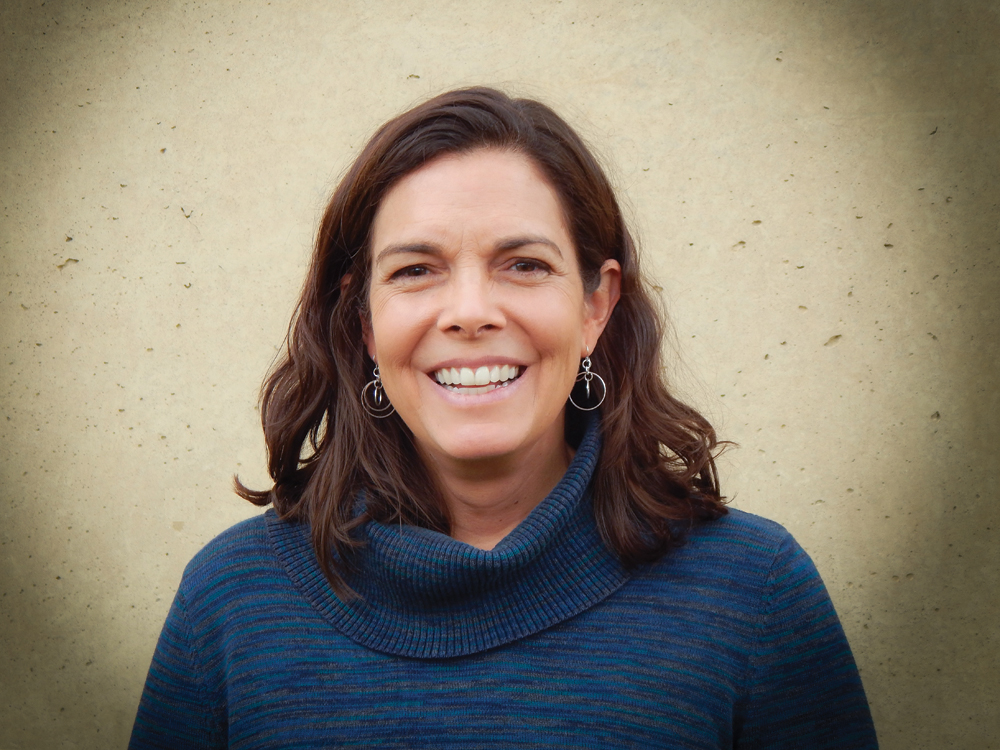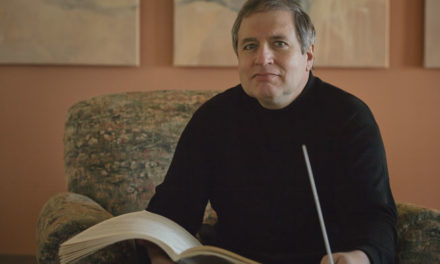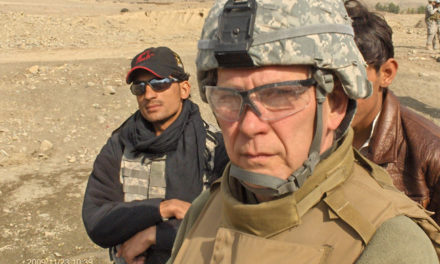
Lauren MacLean. Photo by Jessica Williams/Indiana University
BY TRACY ZOLLINGER TURNER
In 2015, the Carnegie Corporation of New York established the Andrew Carnegie Fellows Program to support journalists, authors, and scholars conducting research that, according to the corporation’s president, Vartan Gregorian, “brings fresh perspectives from the social sciences and humanities to the social, political, and economic problems facing the United States and the world today” with individual grants of up to $200,000. Among the 35 people joining these rarefied ranks as a 2017 fellow is Lauren MacLean, the Arthur F. Bentley Chair and professor in the Department of Political Science at Indiana University.
MacLean’s current research explores the complex political landscape of Ghana. Once deeply unstable, Ghana has ascended to become one of Africa’s more stable democracies and is second only to South Africa in its ability to provide electricity, she says. As climate change has begun to cause blackouts (hydroelectric dams are the primary source of energy and water levels have dropped), Ghana is also making difficult decisions about its future.
“I’m trying to connect democracy and environmental sustainability, while thinking about the different ways that citizens and politicians and international donors and other actors think about the role of the state in energy politics,” MacLean says. She feels that the country is heading in a positive direction. “Many would have called Ghana a basket case in the late ’60s, and it’s now a rising star. To me, that offers the possibility of some insight and hope that we can learn from.”
MacLean, 47, came to IU to accept her first teaching position in 2005. She became interested in Africa as an undergrad at the University of Pennsylvania in the late 1980s, studying art history and French. She later did field research in Côte d’Ivoire and Ghana for her doctoral dissertation at University of California-Berkley.
MacLean has already begun archival research about Ghana and started writing from her home in Indianapolis, where she lives with her husband, three children, and a Bernese mountain dog. The fellowship will allow her to spend three semesters focused exclusively on research and travel to Ghana three times from early 2018 to mid-2019. “This will be a real luxury,” she says, noting that she plans to complete a book and several articles in that time.
She feels that the open environment at IU has made the Carnegie honor possible for her. “My work is very multidisciplinary,” she says. “It often bridges the social sciences and policy. I think IU–Bloomington is a really special campus because that’s possible.”







